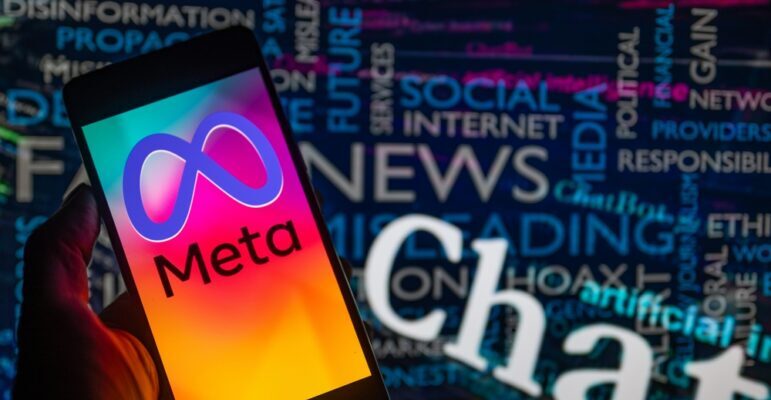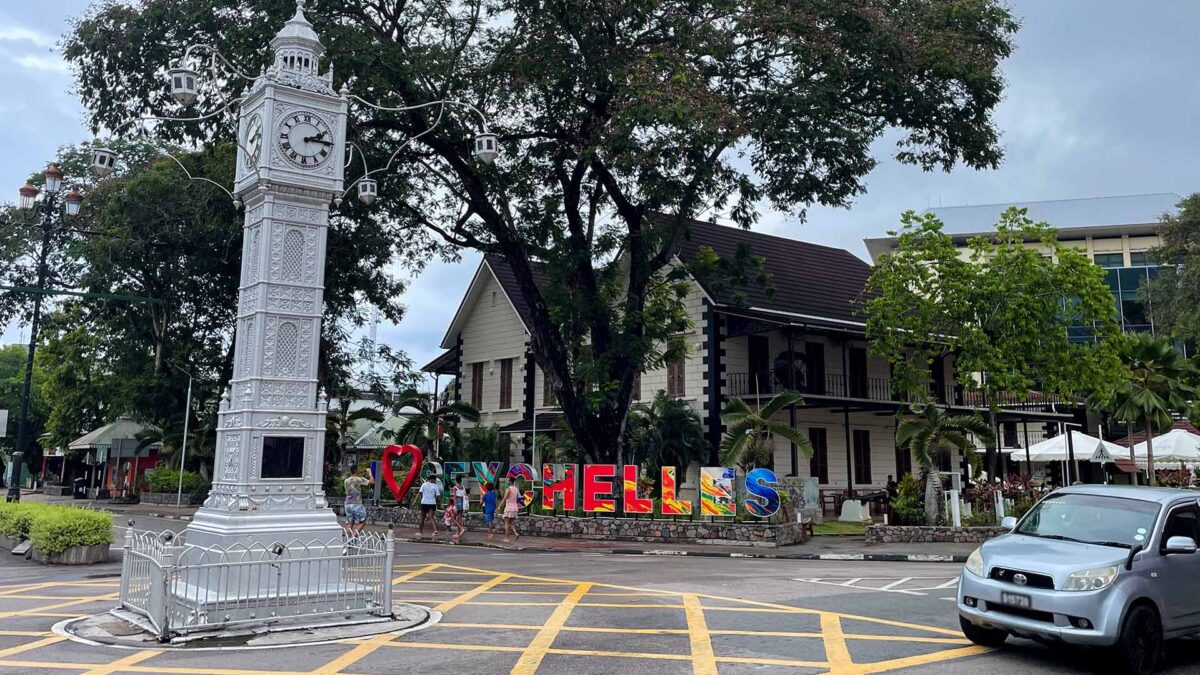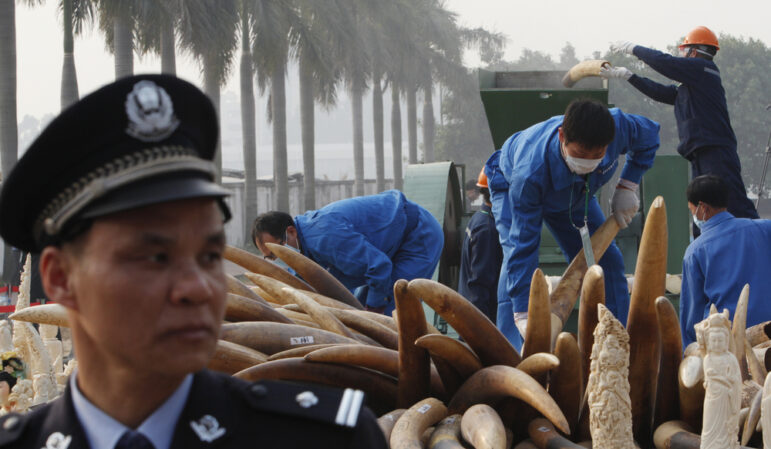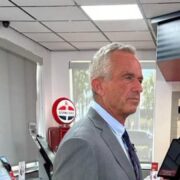
Discerning truth from lies on social media is challenging when platforms want to keep users in the dark. So what does that mean for journalists working to counter disinformation?
 Professional fact-checkers spoke on a panel at the 26th International Symposium on Online Journalism (ISOJ) on Thursday, March 27. Led by Lucas Graves, a journalism professor at the University of Wisconsin-Madison, they discussed platform-enabled mis/disinformation in an era when journalists must combat news avoidance, distrust, and limited access to information.
Professional fact-checkers spoke on a panel at the 26th International Symposium on Online Journalism (ISOJ) on Thursday, March 27. Led by Lucas Graves, a journalism professor at the University of Wisconsin-Madison, they discussed platform-enabled mis/disinformation in an era when journalists must combat news avoidance, distrust, and limited access to information.
According to a 2024 Reuters Institute report, only 40% of respondents said they trust “most news most of the time,” Graves told the ISOJ audience. Additionally, 40% of people surveyed said they avoid the news.
There is a bright side, though — people still value fact-checking and transparency.
“There was some good news in that report,” Graves said. “The same research shows that people have a lot of difficulty deciding what’s real and what’s fake on the Internet, and they want help doing that. They value news organizations that are transparent, have high standards, and are fair.”
In January, Meta announced it would scrap its social media fact-checking program, which paid third-party fact-checkers to review content. Graves asked each panelist if they think this will have global consequences.
Clara Jiménez Cruz, chair of the European Fact-checking Standards Network and co-founder of Maldita.es, replied with a quick and resounding yes.
“The Meta fact-checking program was a program that added context and did not censor anyone’s content,” Cruz said. “Fact-checkers could label content so whenever a user ran into it, they would have context from a fact-checker saying, ‘Hey, be careful with this.’ ”
Glenn Kessler, editor and chief writer of the Fact Checker column at The Washington Post, noted Meta’s key role in creating fact-checking organizations around the world. What’s needed, though, are more fact-checkers who aren’t all affiliated with the same company.
“I always had a bit of a sinking fear that in the fact-checking community we were relying too much on one organization to sustain fact-checking,” Kessler said. Meta “certainly was helpful, it certainly spread fact-checking around the globe. But it also shows how you can be subject to the whims of a billionaire.”
Laura Zommer, chief executive and co-founder of Factchecqueado, said we’re well past the time of Meta as a platform for neutrality.
“As fact-checkers, we need to be clear that Mark Zuckerberg is lying and he knows that,” Zommer said. “The reason he’s lying is because he can’t say to the public or the users on the platform that he decided to prioritize his business to align with Donald Trump’s government.”
The Politics of Fact-Checking
Graves asked the panelists if they worry we’re entering a world where social platforms favor particular candidates, political parties, and allies in different countries.
Kessler said that world already exists, as X is now a “24/7 propaganda channel for the Trump Administration and whatever Elon Musk deems important.” He said users should strategically seek out content from different perspectives for more nuance, something that’s easier said than done with digital media.
“You are the master of the content that you see,” Kessler said. “But with the way these algorithms are developed, increasingly it’s very hard to filter out stuff that’s inaccurate and false, and at this point fact-checking organizations don’t have the foothold to combat that in a way that would make people more informed.”
Zommer said in an era of algorithmic bias, Factchequeado has focused on partnering with people outside of the media industry to connect with more communities. One method that’s proven successful, albeit controversial, is paying influencers to help spread fact-checking content, as they “follow the logic of the algorithm.” She said this helps Factchequeado reach a broader audience.
But fact-checkers have to get creative, now that obtaining accurate information comes with political and logistical hurdles.
Kessler spoke on attacks against United States agencies, like USAID, and the subsequent removal of public data from federal websites. While he once considered the US government a reliable source of detailed information, he said he’s abandoned that narrative.
“What we’re seeing now under this administration is a systematic assault on the basic data that helps inform reporting, helps inform fact-checking,” he said.
Zommer shared her experience fact-checking political administrations in her native Argentina, where she said it was common for outgoing administrations to scrape government data before an opposition party arrives.
“In our countries,” she said, “they always delete what they don’t like.”
Finding a Way Forward
Cruz said fact-checkers have been seeing systematic disinformation campaigns online for years, noting the COVID-19 pandemic and the global climate crisis, but they’ve been naive about the impacts. It’s time to treat mis/disinformation like the serious threat it is, she said.
“We’re fighting a narrative that’s here to undermine democracy and change the world as we know it,” Cruz said. “We might be too late, but either we start calling things by their name, or then we will be very late.”
Kessler agreed with Cruz, saying fact-checkers must “engage people in the space where they’re seeking information.” He said he’s trying to find creative, entertaining ways to attract more eyes to the Fact Checker newsletter.
Zommer said fact-checkers should focus on distribution, especially when so many people actively avoid the news. They must reach audiences beyond those who are already concerned about democracy, she pointed out.
“What we need to be doing is more collaboration, more deep discussion but also actionable things to start resistance,” Zommer said.
Editor’s Note: This story was originally published by the LatAm Journalism Review and is republished here with permission.















